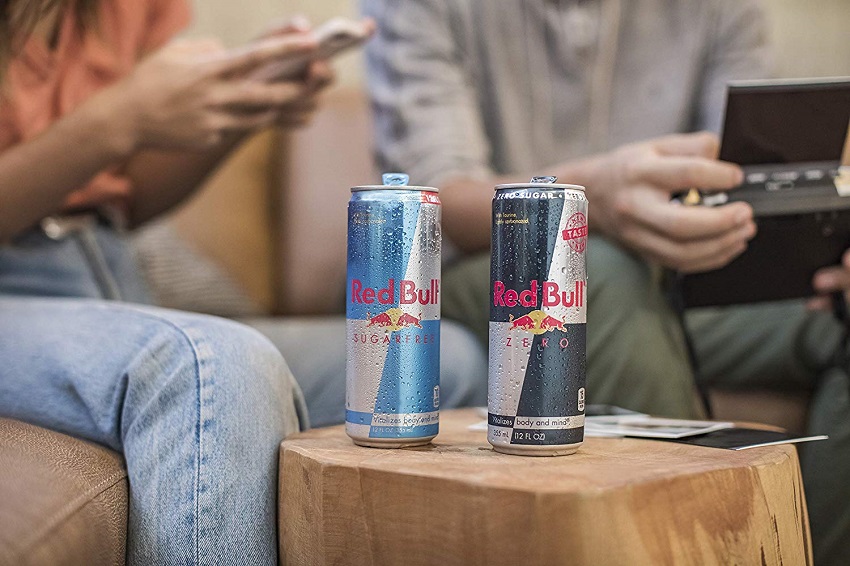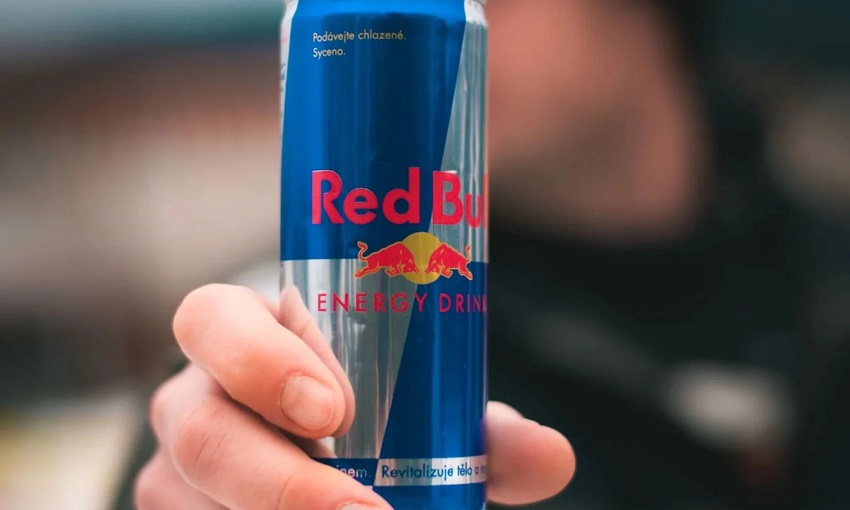Energy drinks have become increasingly popular in recent years, appealing to individuals looking for a quick boost of energy and enhanced alertness. However, their consumption, especially by young individuals, has raised concerns regarding potential health risks and appropriate age restrictions. In this article, we will explore the topic of what age is considered appropriate for consuming energy drinks, considering various factors such as health implications, recommended guidelines, and scientific research.
Understanding Energy Drinks
Energy drinks typically contain ingredients such as caffeine, taurine, guarana, B-vitamins, and various other herbal extracts. These ingredients work together to stimulate the central nervous system, increase heart rate and blood pressure, and provide a temporary boost of energy. While moderate consumption by adults may not pose significant risks, the effects of energy drinks on young individuals need careful consideration. Dive deeper into can kids drink gfuel.
Impact on Children and Adolescents
Children and adolescents are still in the midst of physical and cognitive development, which makes them more susceptible to the potential adverse effects of energy drinks. The high caffeine content can interfere with their sleep patterns, disrupt their natural growth processes, and negatively affect their overall health and well-being.
Additionally, the excessive sugar content in energy drinks can contribute to weight gain, tooth decay, and an increased risk of developing chronic conditions such as obesity and type 2 diabetes. Furthermore, the stimulating effects of energy drinks can lead to irritability, nervousness, and difficulty concentrating, which may have a detrimental impact on academic performance and behavior.
Health Risks Associated with Energy Drinks
Energy drinks have been linked to various health risks, particularly when consumed in excessive amounts or in combination with alcohol. These risks include increased heart rate, elevated blood pressure, dehydration, caffeine overdose, heart palpitations, and even cardiac arrest. Young individuals, who may be more prone to consume energy drinks rapidly or in large quantities, are at a higher risk of experiencing these adverse effects.
Recommended Age Guidelines
Given the potential health risks associated with energy drinks, various health organizations and experts have provided guidelines regarding the appropriate age for consuming these beverages. For instance, the American Academy of Pediatrics strongly advises against energy drink consumption by children and adolescents, recommending that these drinks be avoided altogether in this age group.
In some countries, regulatory authorities have implemented age restrictions and labeling requirements for energy drinks. For example, some jurisdictions have banned the sale of energy drinks to individuals under the age of 18, recognizing the potential harm they may cause to young consumers.
Research Findings and Studies
Scientific studies have shed light on the impact of energy drinks on young individuals. Research has shown that the consumption of energy drinks by adolescents is associated with an increased likelihood of engaging in risky behaviors such as alcohol consumption, smoking, and substance abuse. Furthermore, studies have found a correlation between energy drink consumption and negative health outcomes, including sleep disturbances, increased heart rate, and higher blood pressure.
Parental Role and Awareness
Parents play a crucial role in ensuring their children’s well-being and guiding their choices. It is essential for parents to be aware of the potential risks associated with energy drinks and to educate their children about these risks. By open communication and setting appropriate boundaries, parents can help their children make informed decisions regarding their health and beverage choices.
Alternatives to Energy Drinks
Instead of relying on energy drinks, there are healthier alternatives to boost energy levels and maintain alertness. Encouraging regular physical activity, promoting a balanced diet, ensuring adequate sleep, and staying hydrated can all contribute to sustained energy and well-being. Natural energy sources, such as fruits, vegetables, and whole grains, provide essential nutrients without the negative effects associated with energy drinks.
Educating Youth about Energy Drink Risks
To address the issue of energy drink consumption among young individuals, raising awareness and educating them on the risks and potential consequences is crucial. Schools, healthcare providers, and community organizations can collaborate to deliver targeted educational programs, emphasizing the importance of healthy lifestyle choices and the potential harm caused by excessive energy drink consumption.
Conclusion
The appropriate age for consuming energy drinks is a subject of considerable concern and debate. Given the potential health risks, it is recommended that children and adolescents avoid consuming energy drinks altogether. Scientific research has provided evidence of the adverse effects of energy drinks on young individuals, reinforcing the need for caution and parental guidance. By prioritizing their health, making informed choices, and promoting healthier alternatives, we can protect the well-being of our younger generation.
FAQs
Are there any safe energy drinks for children?
While there are energy drinks marketed as “safe” for children, it is generally recommended to avoid giving energy drinks to children altogether due to the potential health risks they pose.
Can energy drinks improve academic performance in students?
Despite claims of enhanced cognitive function, energy drinks can have detrimental effects on academic performance due to sleep disturbances, increased heart rate, and difficulty concentrating.
What are the long-term effects of energy drink consumption in adolescents?
Long-term effects may include an increased risk of obesity, type 2 diabetes, and cardiovascular problems, as well as a potential gateway to other risky behaviors.
Are there any natural alternatives to energy drinks?
Yes, natural alternatives such as fruits, vegetables, whole grains, and regular exercise can provide sustainable energy and promote overall well-being without the risks associated with energy drinks.
How can parents educate their children about the risks of energy drinks?
Parents can educate their children by discussing the potential risks, explaining the consequences, and providing healthier alternatives. Open communication and setting boundaries can also play a vital role in shaping their choices.






